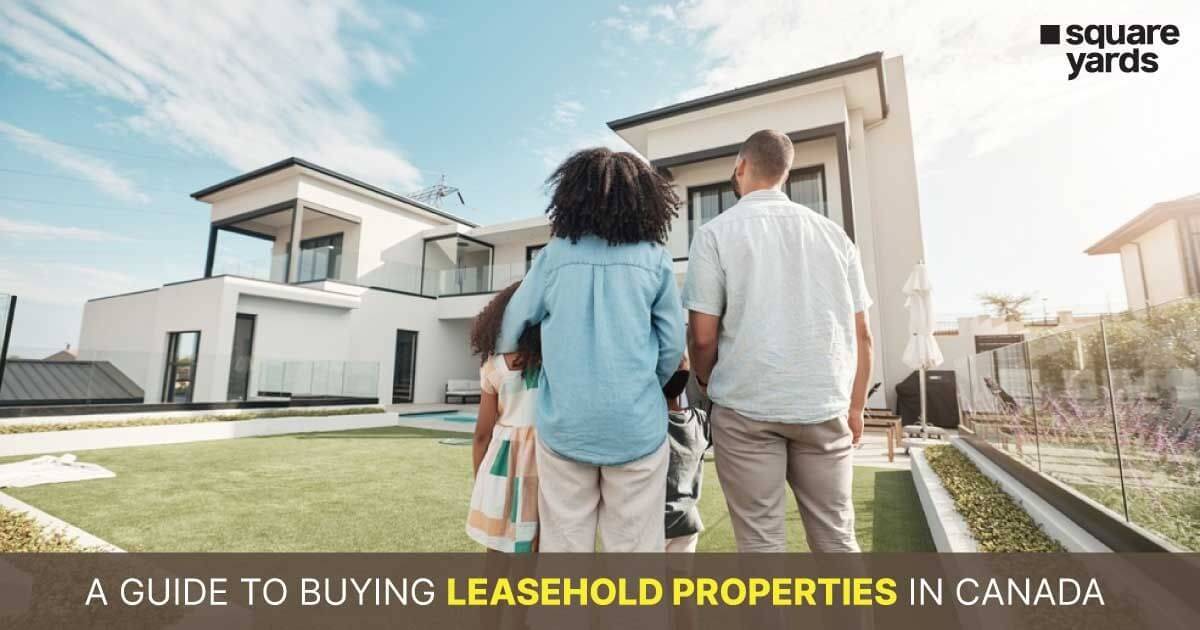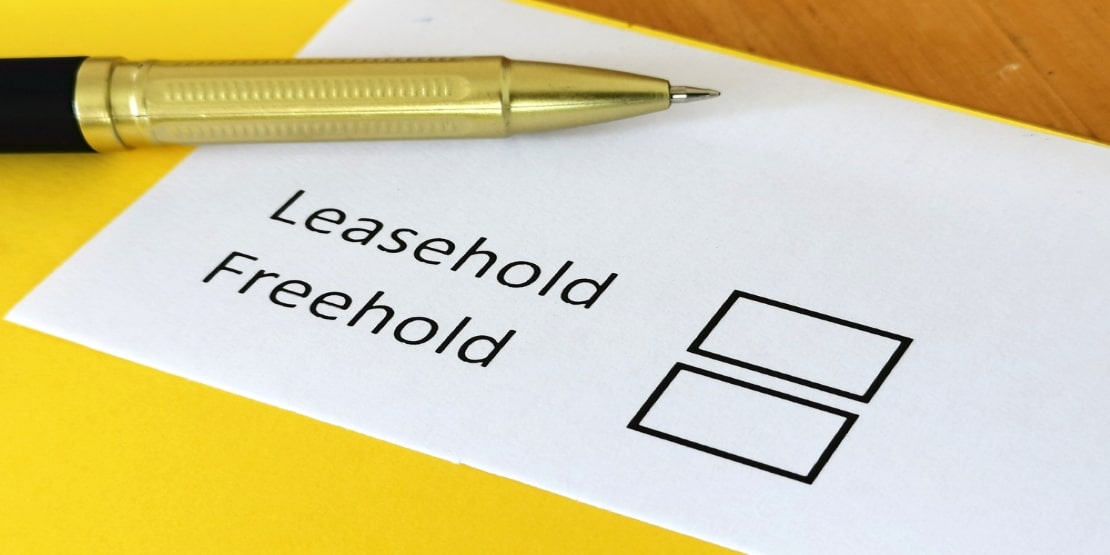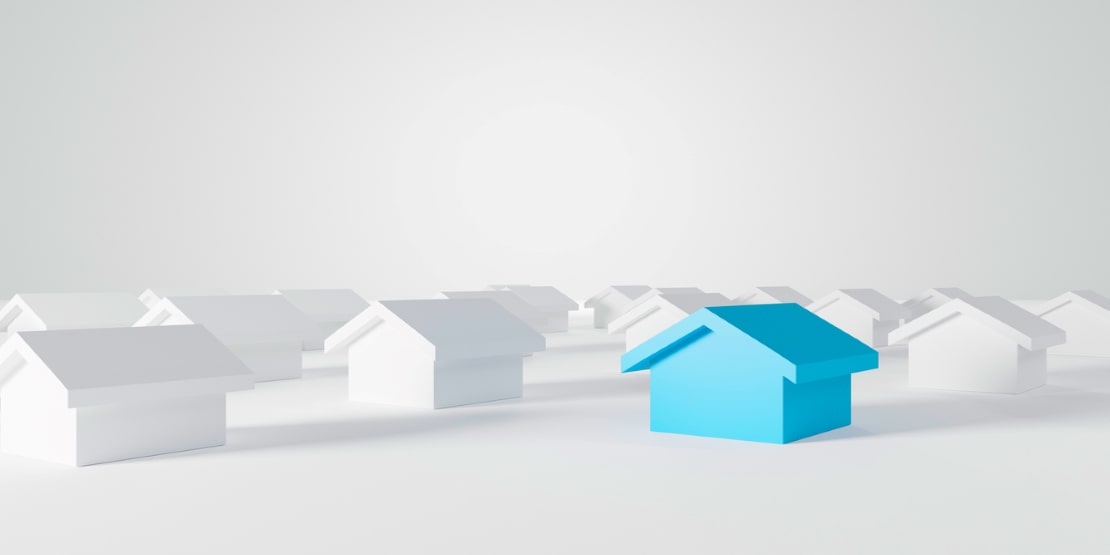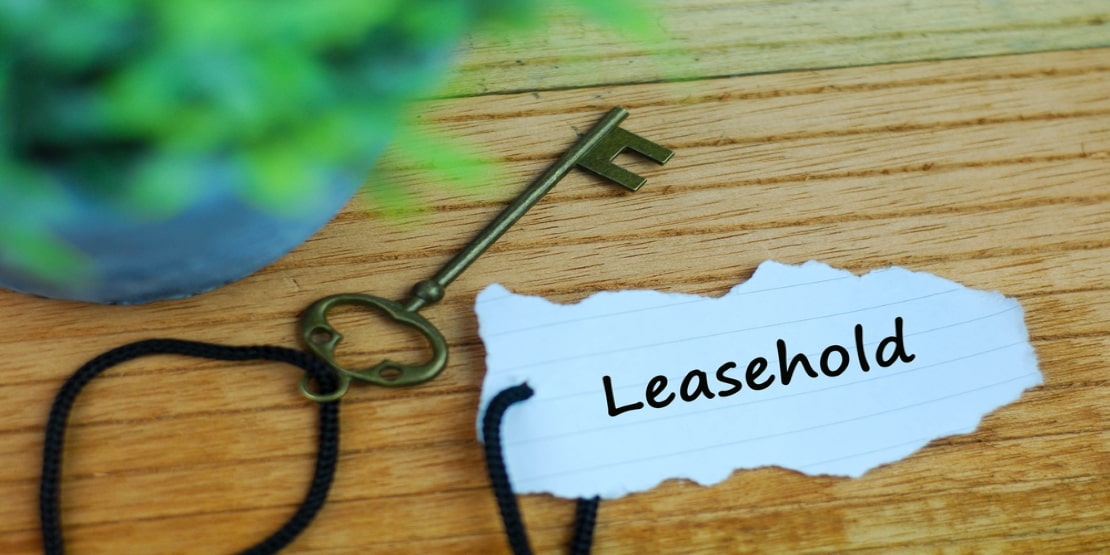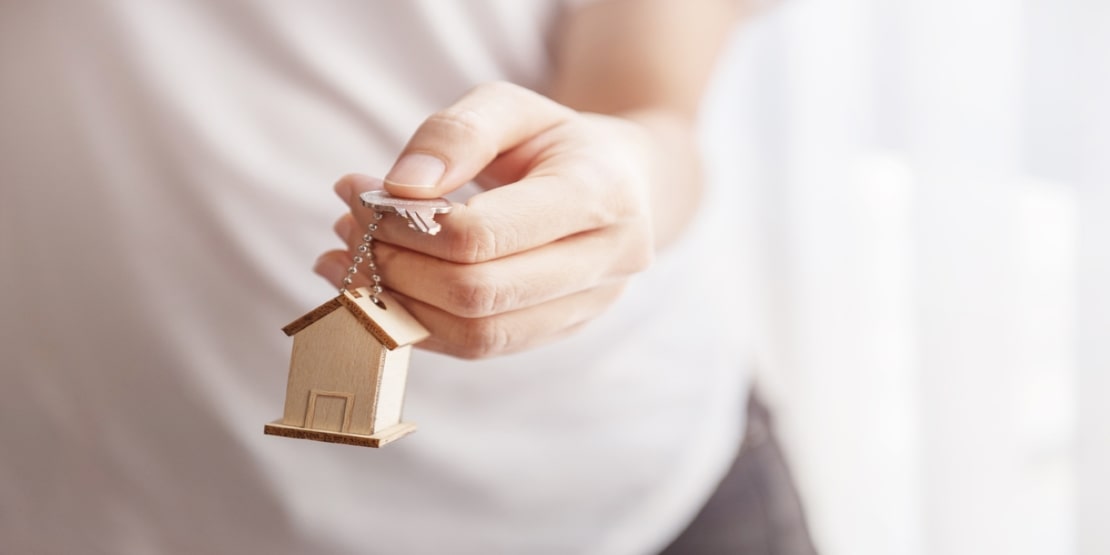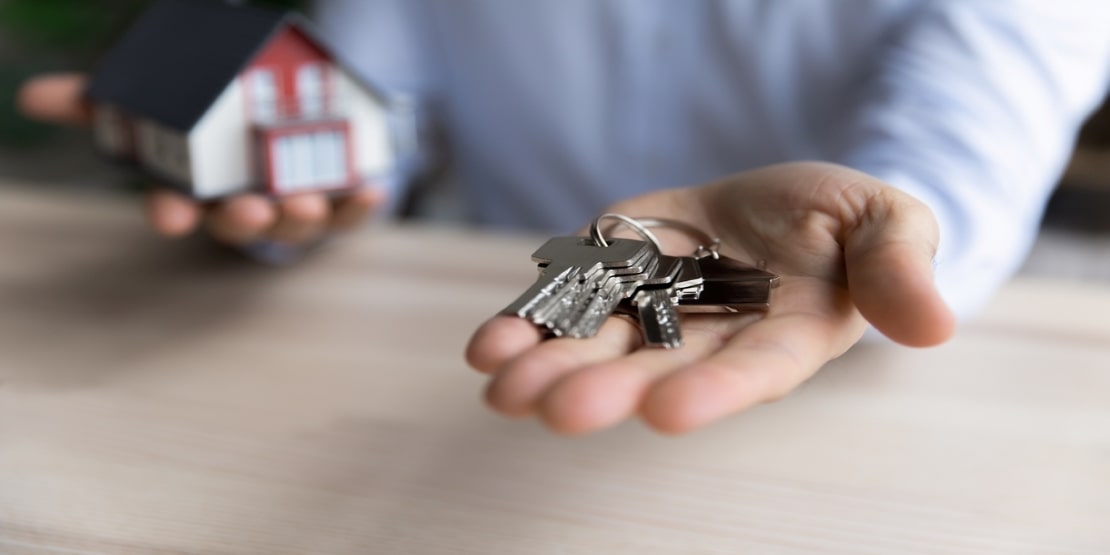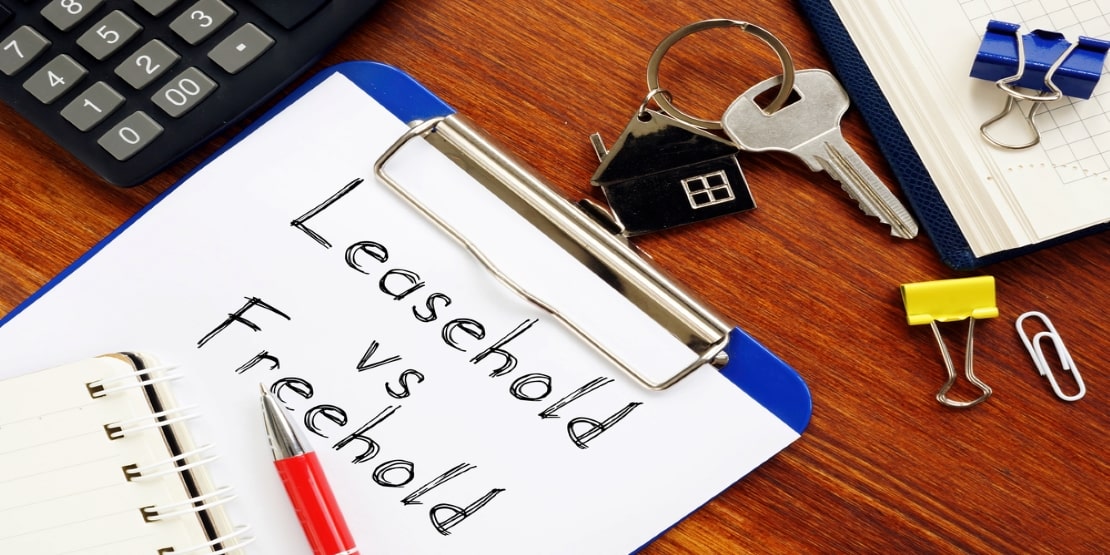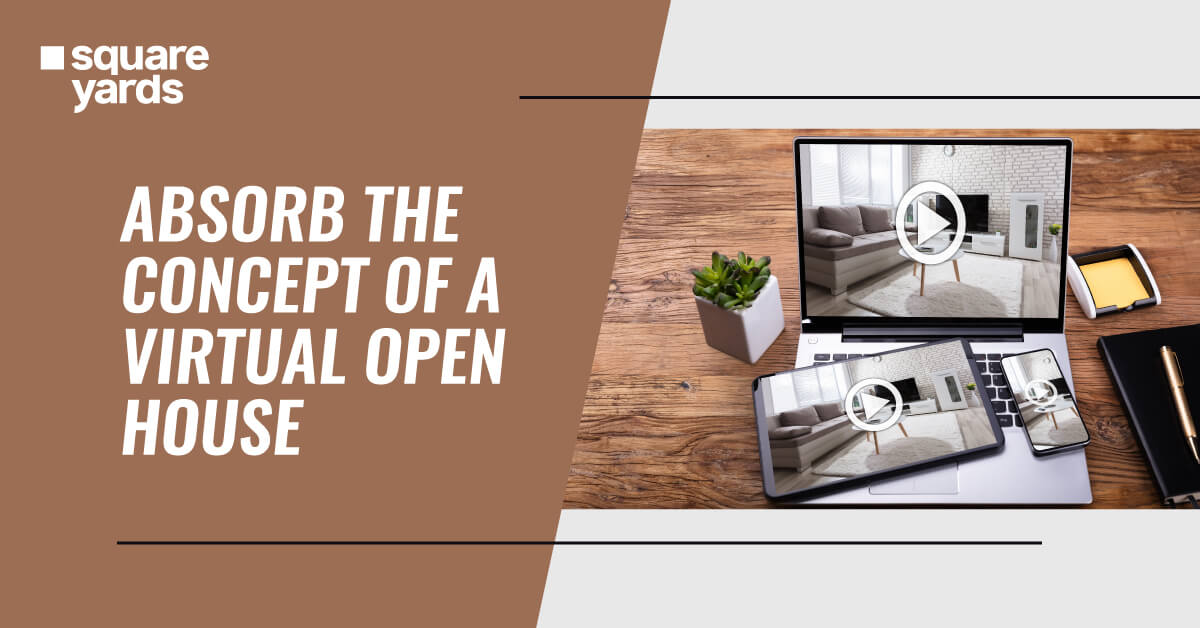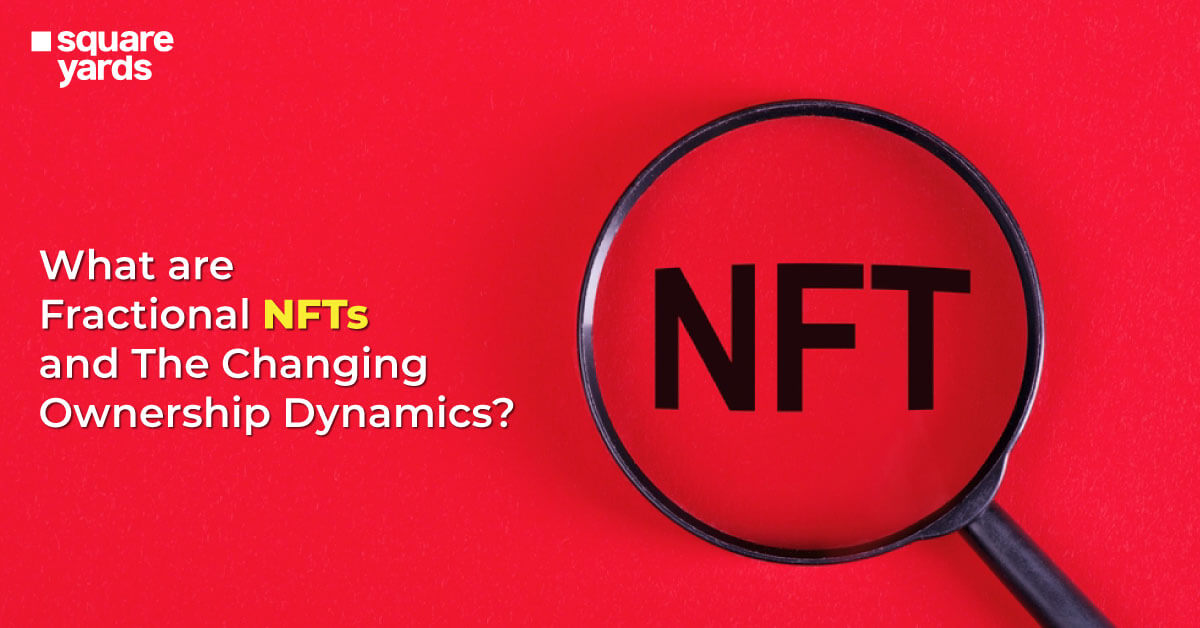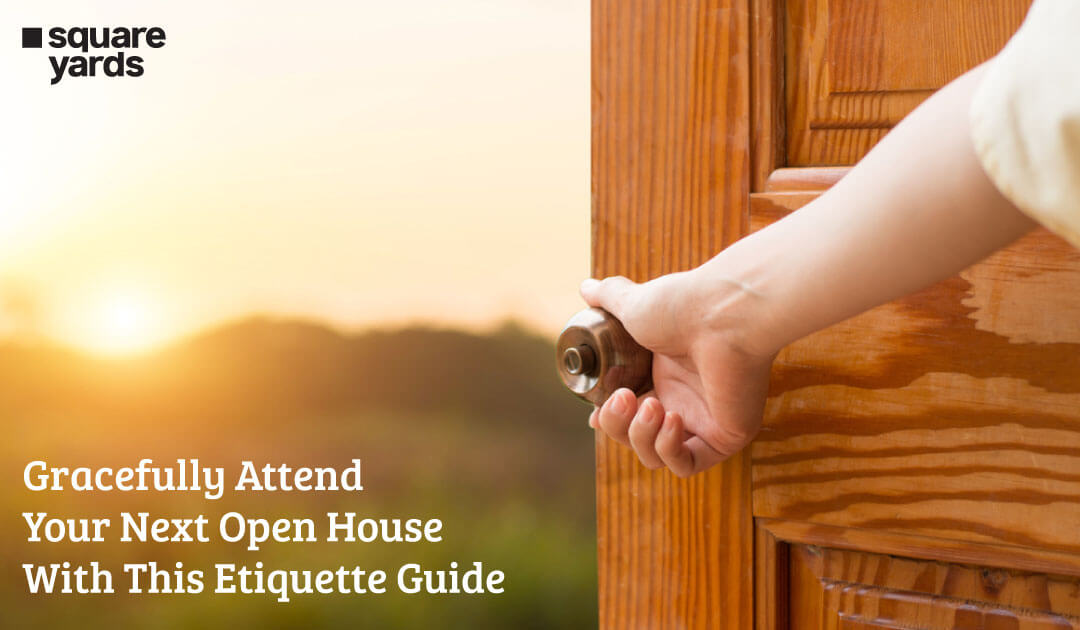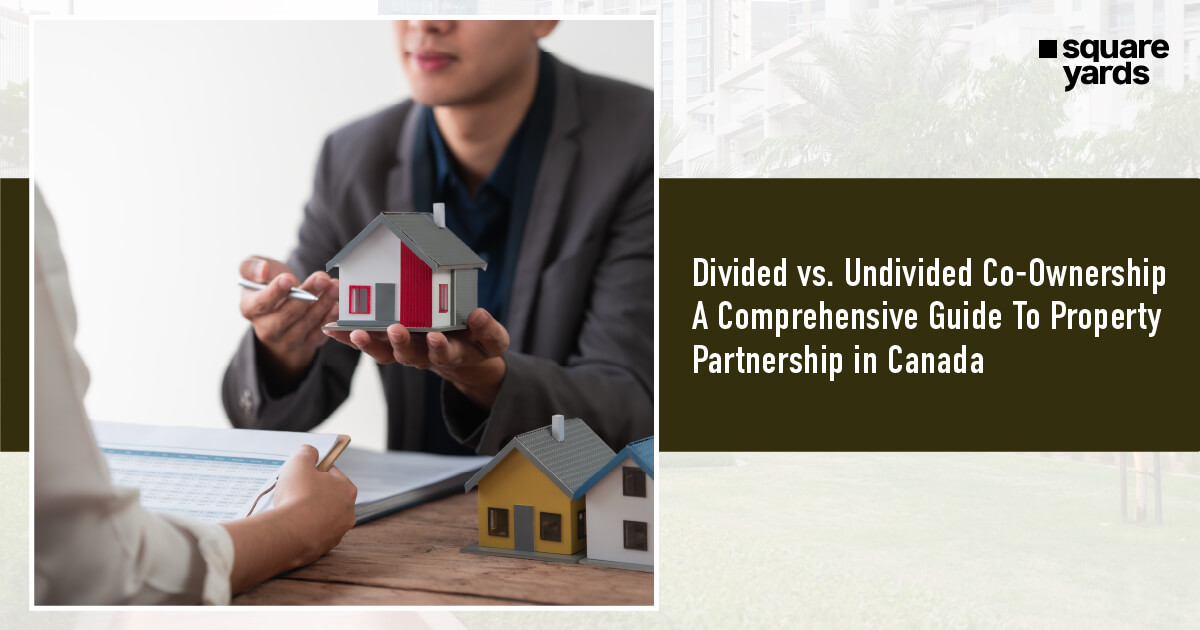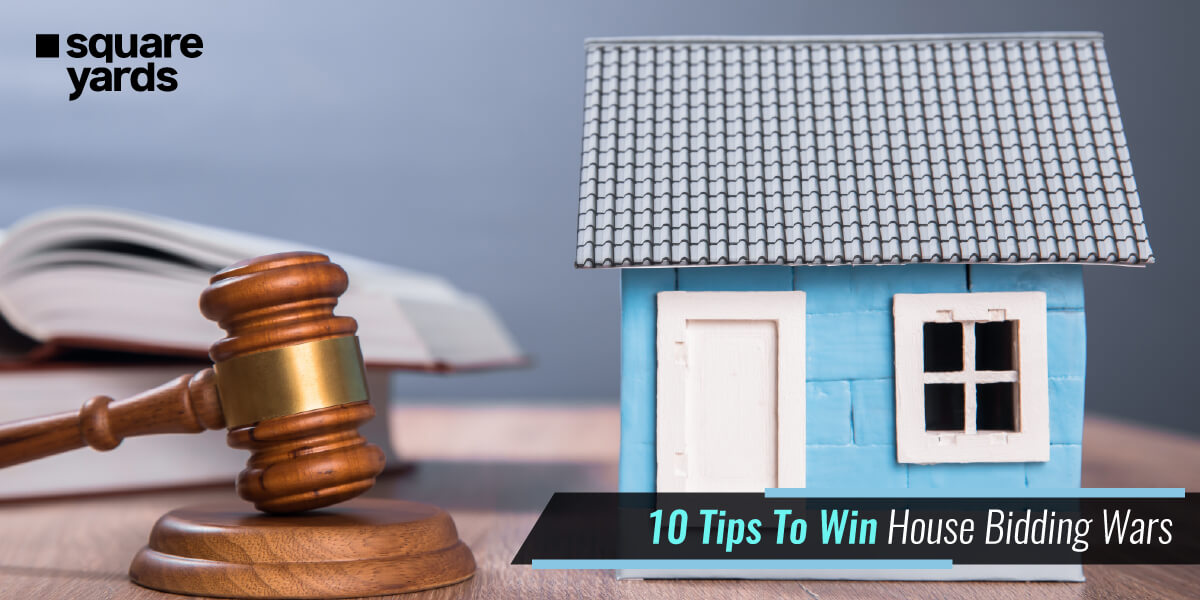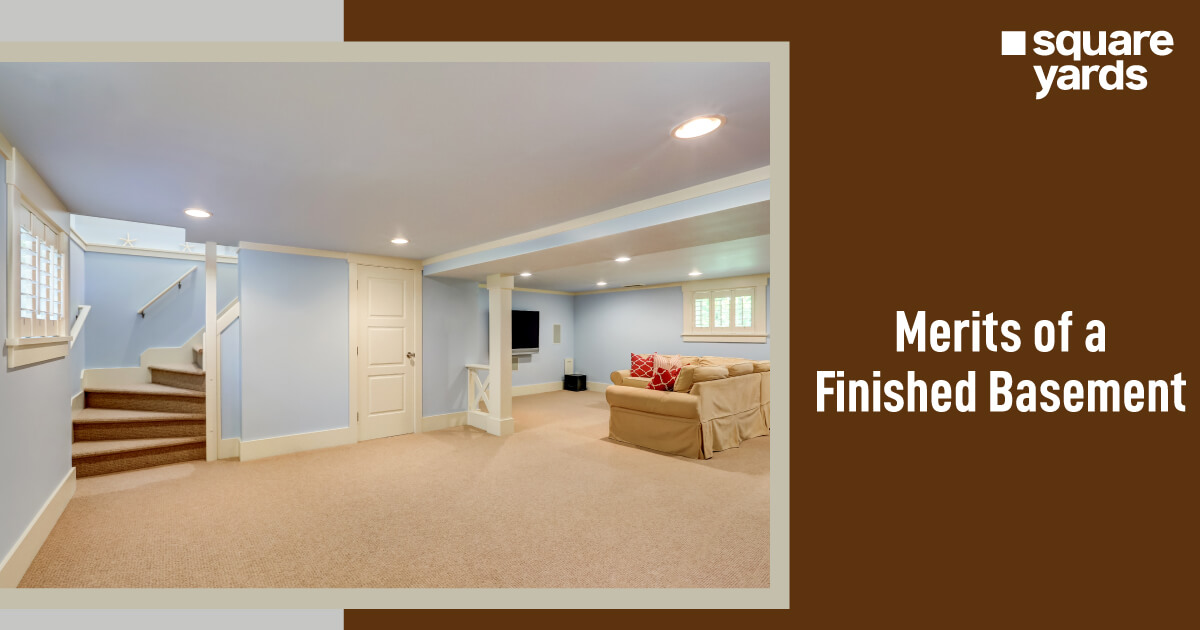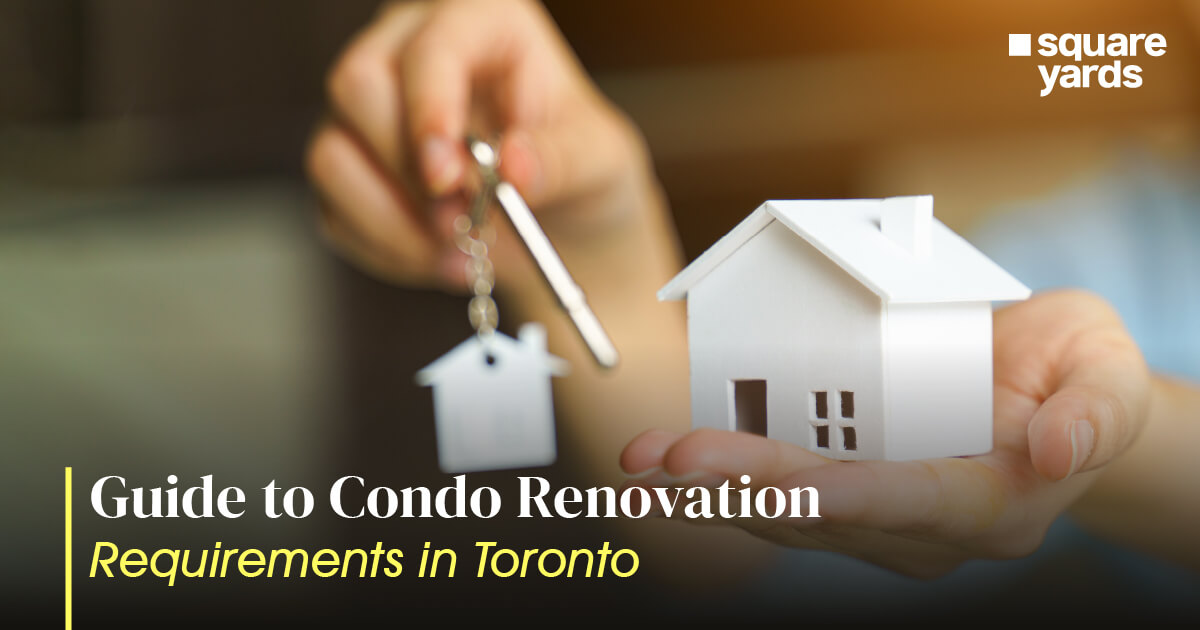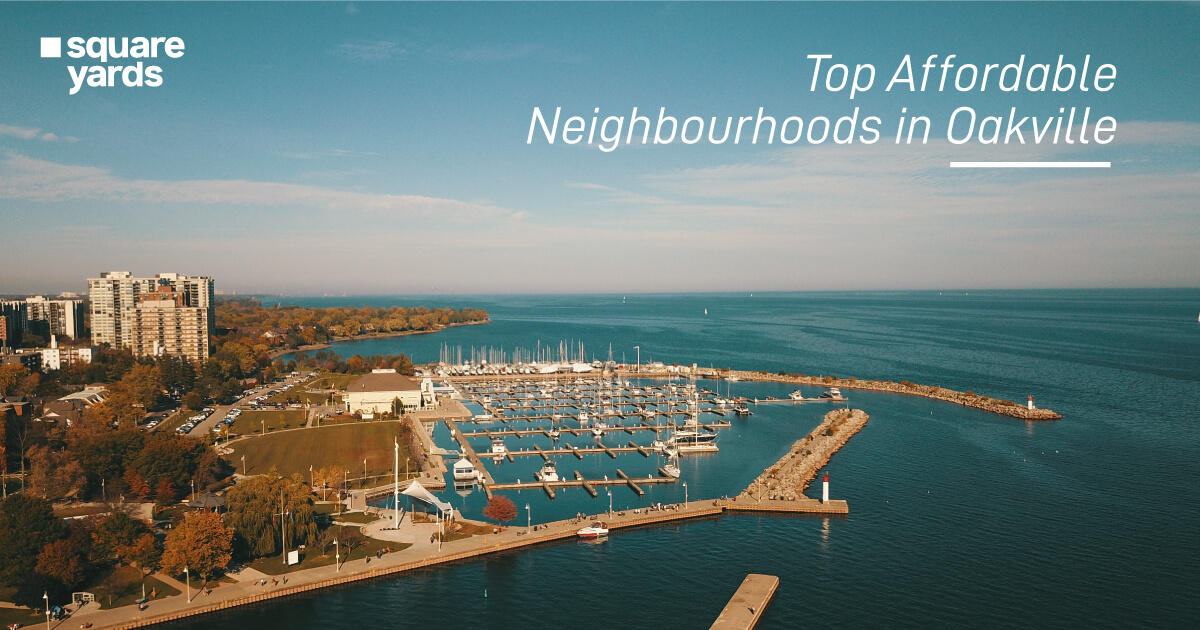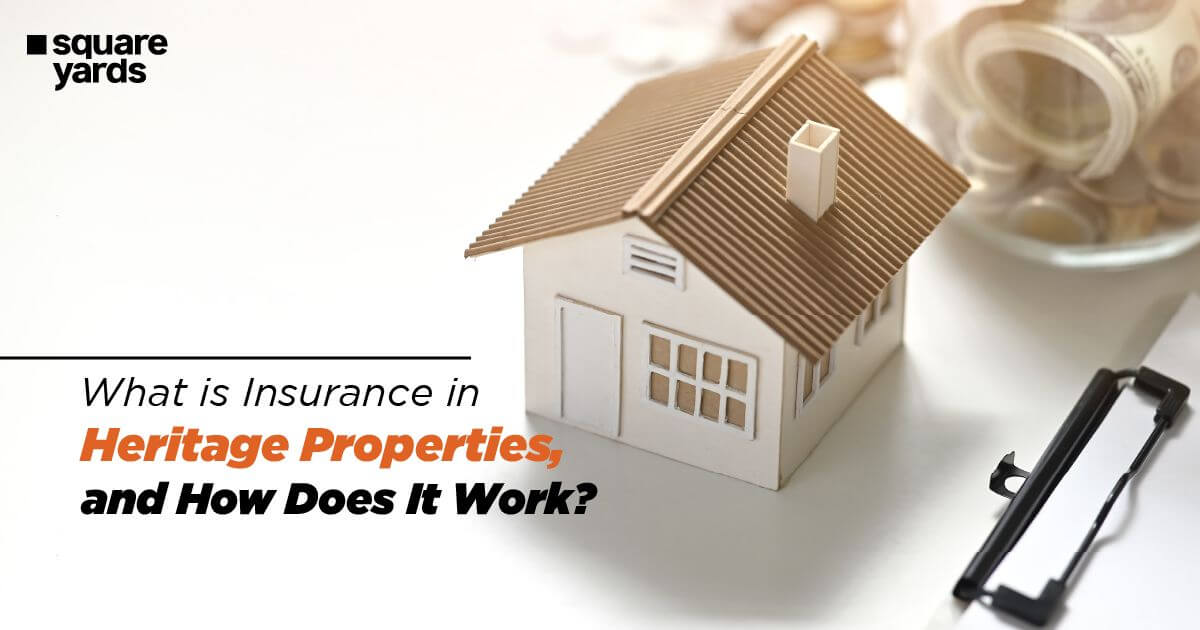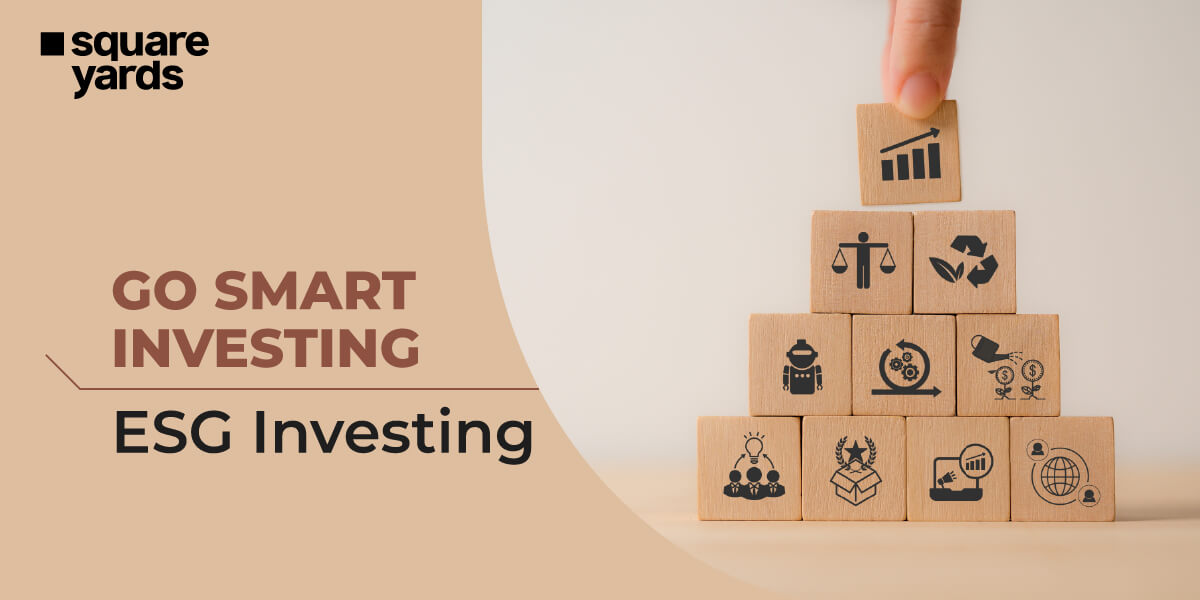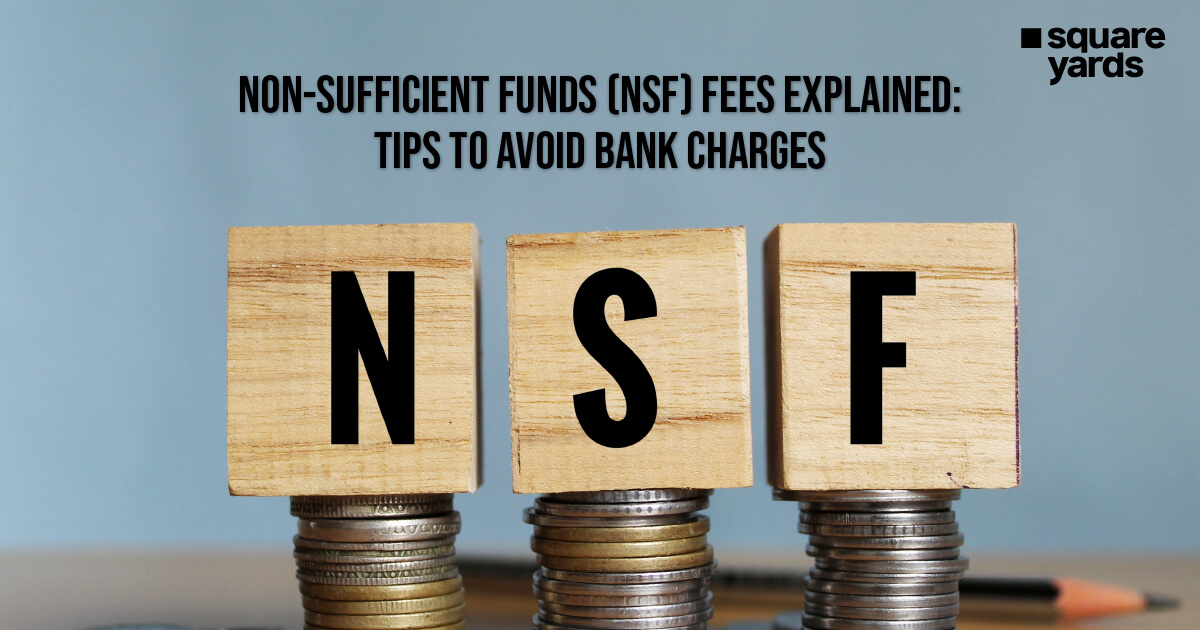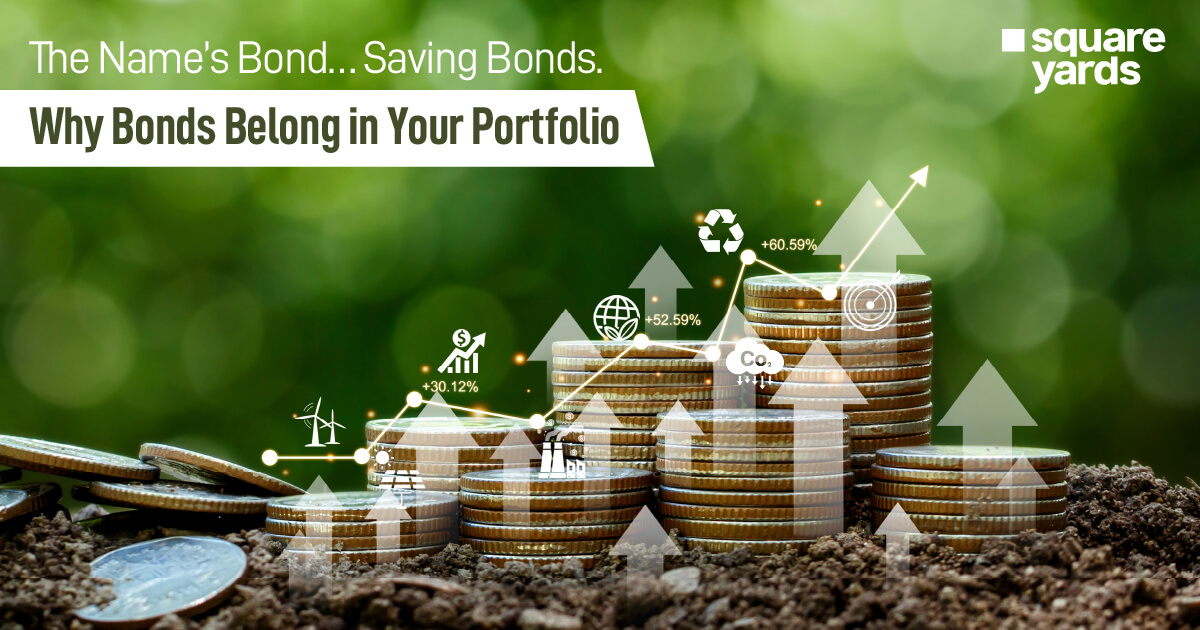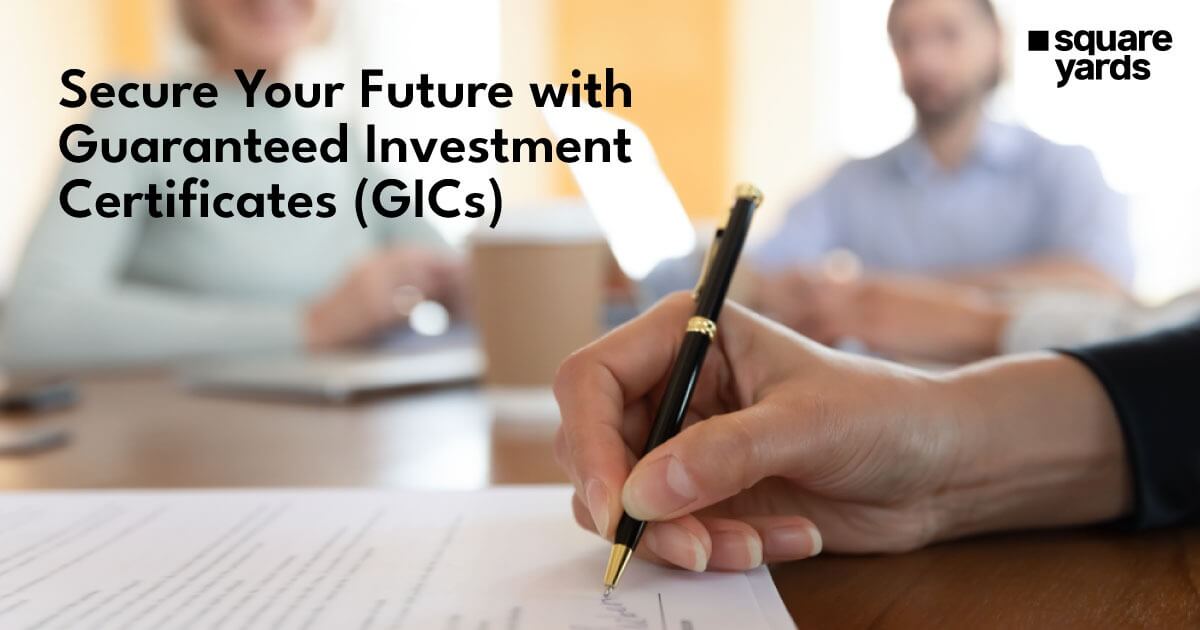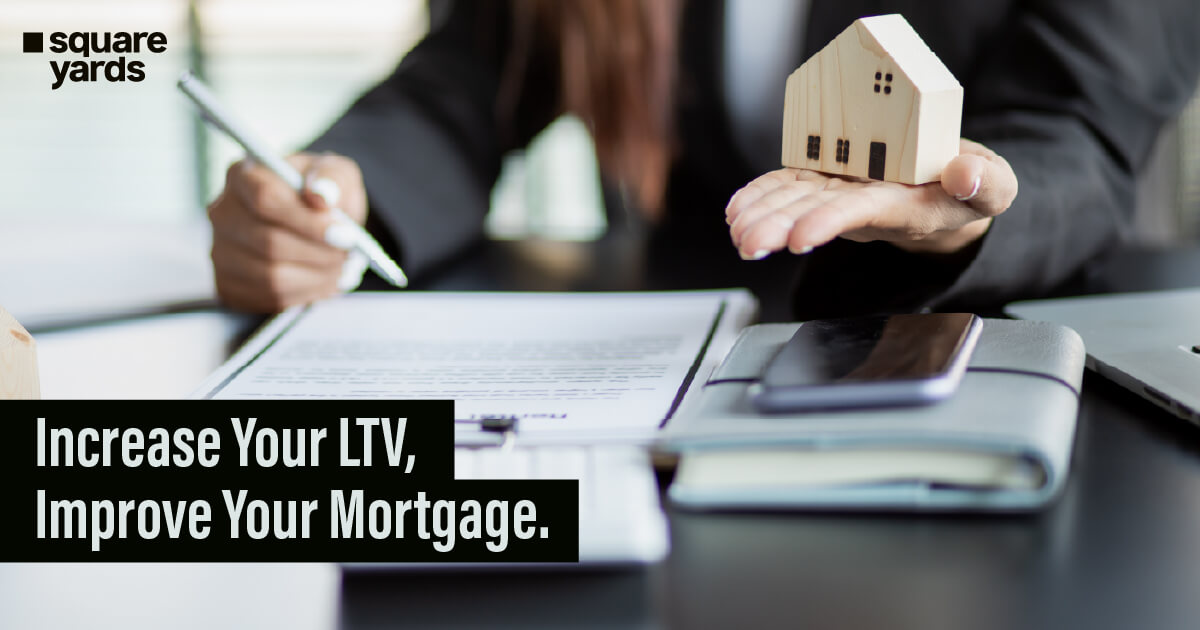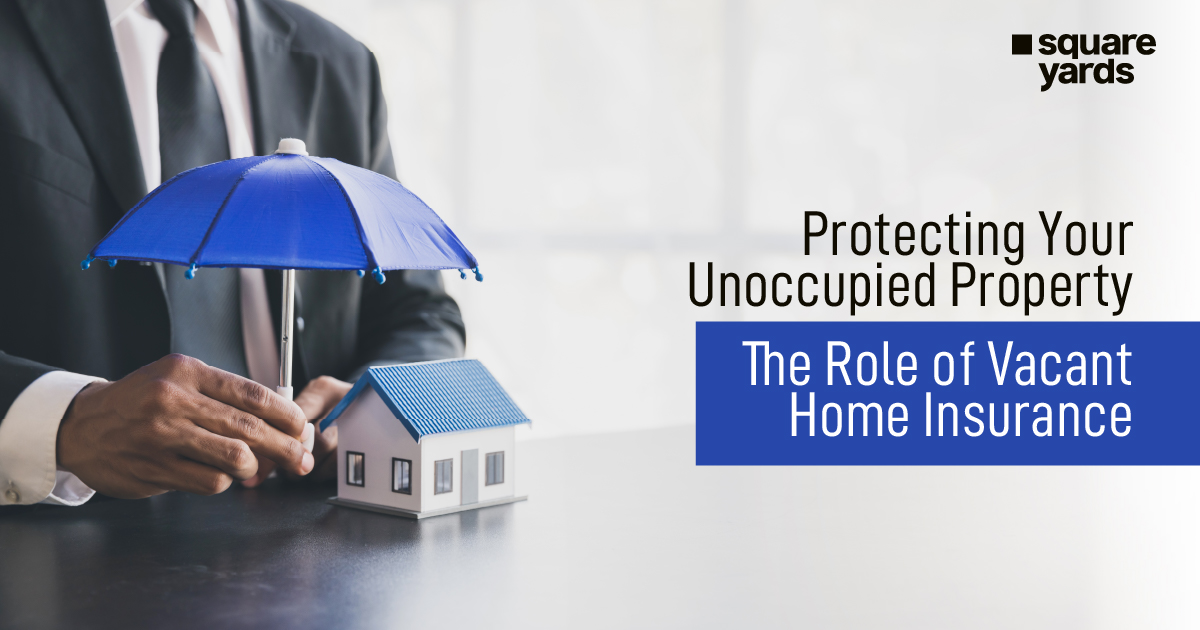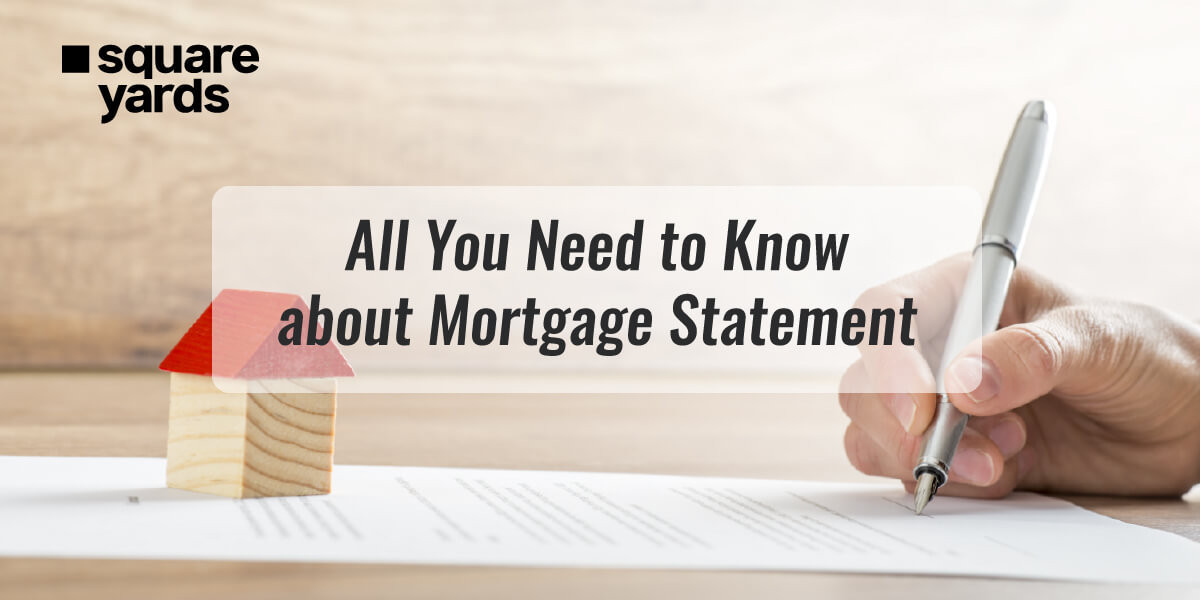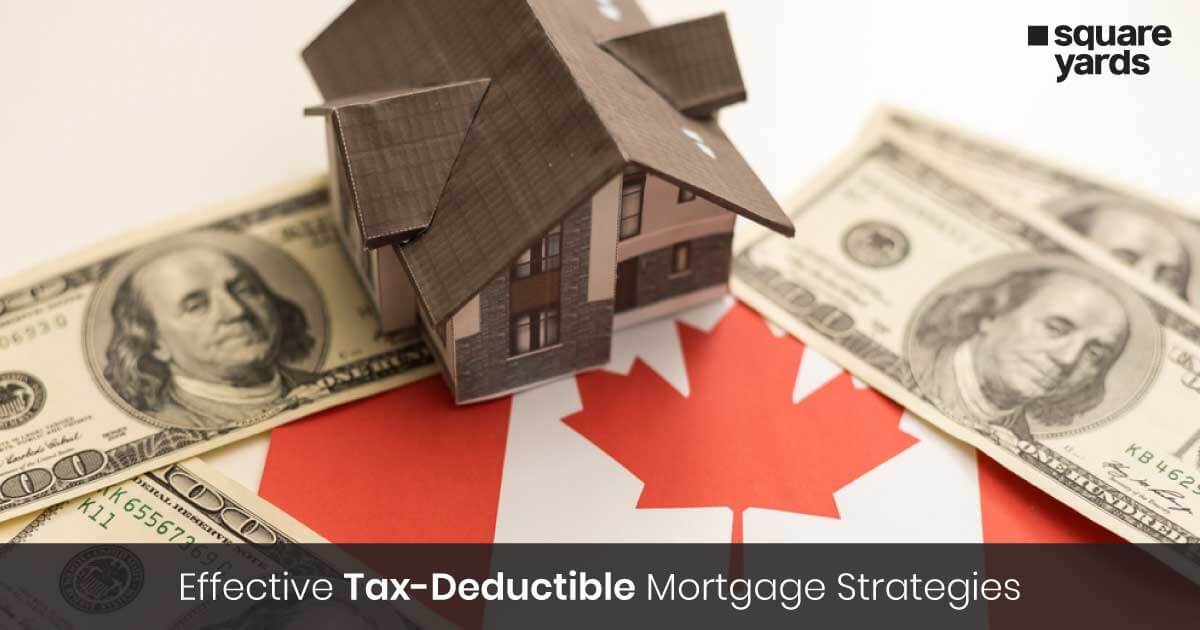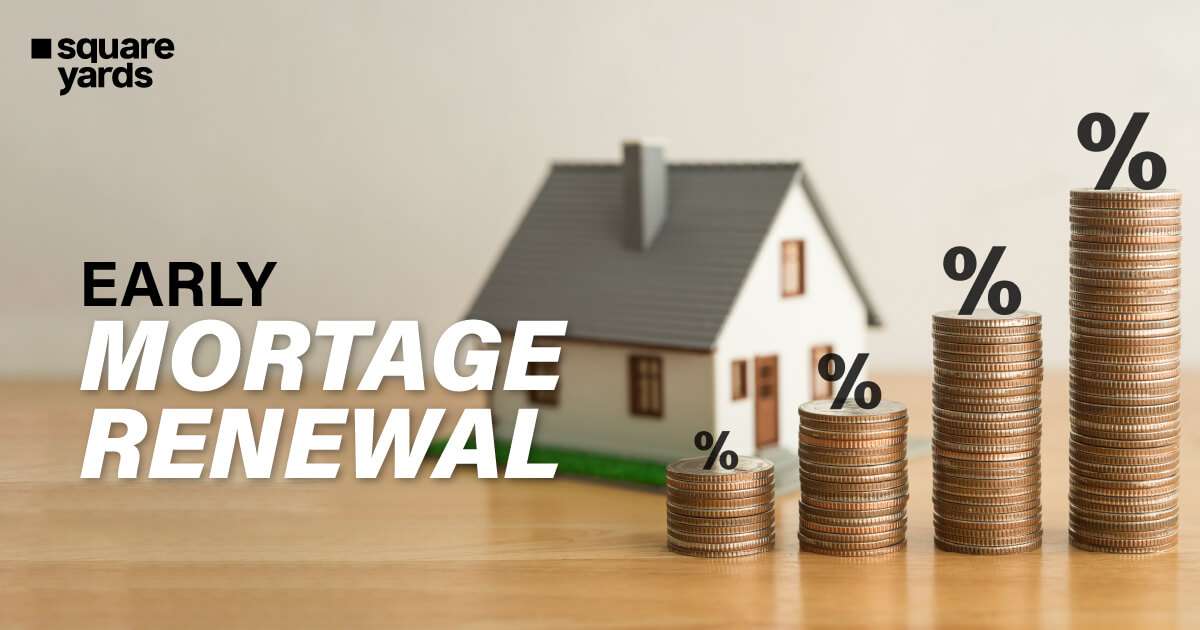Not sure if buy a leasehold property in Canada is right for you? If so, we’ve got the answers you are looking for. This guide includes all the information you need to buy a leasehold property, the advantages/disadvantages attached to it and more.
There is a spectrum of ways to buy a home in Canada. Depending on your budget and requirements, you can get a house, a condo, or a townhouse. Certain provinces also give you the option to buy a leasehold property in Canada.
While the process of buying a home on a freehold basis is easy, purchasing one on a leasehold tenure can be cumbersome. And since it involves a different set of procedures and restrictions, many people tend to get baffled whether they should buy a leasehold property in Canada or not. A modern custom built luxury home in a residential neighbourhood.
Today, we’re going to make things a little easier for you by providing all the possible information on leasehold ownership. Without any further ado, let’s dive into the details.
How is a Freehold Property Different from a Leasehold Property?
There are two types of ownership – Leasehold and Freehold. A leasehold encompasses leasing a flat or home (on the land) for a certain time (lease period). However, the ownership of the land belongs to its owner/freeholder only. The flat/homeowner holds the leasehold ownership for the lease period and does not have ownership of the land.
On the other hand, freehold involves the ownership of both the property (building/home) as well as the land on which the property is built. Unlike leasehold ownership, there is no time limit on the ownership of the property in the case of freehold because the land belongs to the same owner.
Out of the two kinds, freehold ownership is a better option. It is because the buyer does not have to deal with any sort of ownership or lease renewals issues here.
Freehold Vs Leasehold – Understanding the Basic Differences Between Them
| S.No | Particulars | Leasehold | Freehold |
|
|
Freehold and Leasehold Definition | It refers to ownership of the property (flat/home) via lease rights. The owner does not get any ownership rights on the land on which the property is built. | It refers to ownership of the building/townhouse/condo/property along with the land that too by the same owner. |
|
|
Ownership after expiration of the lease | The ownership of the property after lease expiration depends on whether it is renewed or not. | There is no effect on ownership after the expiration of the lease. The owner still has all the rights on the land/property. |
|
|
Lease | The lease period for leasehold ownership can be 99 years or more. | No lease period is applicable in the case of a freehold property
|
|
|
Annual Land Rent | Since the leaseholder does not own the land, he/she has to pay a certain amount as rent towards the land. | The owner doesn’t have to pay any rent as he/she owns the land as well as the house/building. |
|
|
Common Infrastructure Maintenance | The leaseholder is not responsible for the maintenance of the common infrastructure. The leaseholder may however be required to pay a maintenance fee. | The owner is responsible for maintaining the property and common infrastructure and also bears the expenses for it.
|
|
|
Flexibility to perform any work in the society premises | In the case of leasehold ownership, the owner may not get the flexibility to perform any major work in the society premises. They may, however, be able to make some changes within the flat (within specified restrictions). | In the case of freehold ownership, the owner can carry out any minor or major work. |
|
|
Property Transfer | Transfer of property from one person to another can be a hassle in the case of leasehold ownership. The transform is done via attorney power. | The owner in the case of freehold ownership has all the legal rights to either transform or sell the property. The procedure is easy as compared to leasehold ownership. |
|
|
Mortgage Loan | In leasehold ownership, the mortgage loan process is complicated. | In freehold ownership, owners enjoy a hassle-free mortgage loan process. |
|
|
Ownership Cost | The ownership cost of leasehold properties is cheaper as they are settled on a lease. | The ownership cost of a freehold property is exorbitant due to the higher land costs and also because the entirety of the land is purchased in this case. |
|
|
Suitability | A leasehold property is most suitable for potential homeowners with a relatively less/fixed budget | Freehold property is best suited for potential homeowners with no budget constraints. |
|
|
Example
|
In a leasehold agreement, a person owns a flat in a building/apartment on a leasehold basis. | Here, the person holds a standalone building on a freehold basis. |
Different Kinds of Leasehold
Now that you know what is a leasehold property, you should also be aware of the different types it has. Let’s have a look at them one by one:
Leasehold Prepaid (Non-Strata)
Leasehold Not Prepaid Non-strata means the ownership of the land or property is not divided. The use of the land is prepaid, and the property sits on a leasehold hold. As the use of land is prepaid, the selling price is greater than that of the non-prepaid leasehold.
Leasehold Prepaid (Strata)
A property with a prepaid lease is known as a leasehold prepaid strata property. In this case, the developer does the prepaid lease payment so you don’t have to pay extra bills.
A prepaid leasehold means that the developer has paid the lease payments ahead of time, so you will not have an extra bill; although most likely the owner has combined these fees into the overall value of the property itself.
Leasehold Not Prepaid (Non-Strata)
A non-strata property means the ownership of the property is not divided. The property sits on leasehold land and the use of land has not been prepaid.
Leasehold Not Prepaid (Strata)
This is a strata property where the lease is not prepaid.
First Nations Lease
When the leasehold is on the First Nation’s Land, it is called the First Nation Name Leasehold or First Nation Lease. There is a complete set of laws in Canada and British Columbia that deals with this type of ownership. The Banks in Canada require you (the buyer) to pay at least half of the down payment when purchasing a First Nations Leasehold Property in Canada.
Things to Bear in Mind Before Buying a Leasehold Property
Keep the pointers in mind about leasehold property as there is more to it, you can ever imagine. Before you make the final decision to buy a leasehold property in Canada, make sure you remember the following:
1. Lease Length
First things first, check the length of the lease. A lease is meant to be long-term, usually 90 or more years. This figure begins from the time the lease was first sold. This means, when buying a leasehold property from another leaseholder, you need to know how many years are left.
In case you use a mortgage to buy the property, less time on the lease can be a problem. It will lead to complications while securing approval from the lender. As a rule, you should opt for a home or apartment lease that has at least 70 years remaining.
However, it is recommended to check the possibilities of extending the lease. Also, ask if getting freehold ownership of the property is possible.
2. Annual Rent
This is the rent that you will be required to pay annually. The total amount along with its details and due date will be mentioned in the lease agreement. As someone who is buying leasehold property for the first time, you need to review the ground rent. Take help from a lawyer and understand the ground rent you will be paying in the future. Knowing this beforehand will help you avoid paying more rent than necessary.
3. Service Fees
Most landlords hire management companies to carry out regular inspections, repairs and maintenance on the building. Their fees are retrieved from the leaseholders/tenants. The maintenance amount varies depending on the work completed.
All such details are also available in the lease agreement. You just need to review the agreement thoroughly to see there are no extra clauses attached there.
4. Additional Requirements
Your lawyer will help you register as the new proprietor with the Land Registry. In addition to that, he will send a notice to the landlord and management company to request them to change the ownership. They charge a certain fee for sending such notices. The details and total costs of the same will be listed on the completion certificate.
As the new properties, you may also be entering into a Deed of Covenant with the Management Company and Landlord. This deed will serve as a confirmation that you comply with the covenants given in the lease.
5. Cost Apportionment
Sometimes the seller has already paid the service charge or ground rent for the period after the completion date. In such a case, you require reimbursing a proportionate part of that amount to the seller. This is a one-time charge, you will pay the rent directly to the landlord or management company next time onwards.
Benefits to Buy a Leasehold Property in Canada
Are leaseholds worth buying? Take a look at the following benefits to get some clarity
1. It is a Cheaper Option
Since you are only purchasing the building and not the land, the cost of a leasehold property is a lot cheaper than purchasing a freehold property. The total cost of a leasehold property depends on the terms and conditions of the agreement, making it a much cheaper option than renting. This option is perfect for buyers looking for properties in well-to-do areas of the city.
2. An Additional Finance Option
The worth of a leasehold property is much less than that of a regular freehold one. Depending on the terms, the buyer has the choice to buy the entire property (including the land) at a lesser per annum cost than the mortgage rate.
However, every property has its own set of terms. This means the buyer needs to read all the terms and entitlements carefully. They can of course hire a professional leasehold estate for assistance with the same. The lawyer makes sure that the buyer purchases a leasehold property only after understanding and agreeing to the terms attached to it.
3. A Great Way to Own Your Home
For those who do not have a home of their own yet, leaseholds are a fantastic way to step into the property market. With leaseholds, you do not have to worry about the commitments and costs attached to owning a piece of land. That’s because you will only own the building and enjoy the right to make home improvements as you please.
Disadvantages to Buy a Leasehold Property in Canada
Like everything else, buy a leasehold property in Canada also has a variety of positives and negatives. Now that you have the list of benefits, let’s talk about the disadvantages:
1. Continuous Rent Reassessment
Most people don’t know that while the land rent may seem cost-effective at the time the leasehold agreement is created, it is assessed regularly. This re-assessment is essential because it helps reflect the market value of the property. It becomes a disadvantage when the neighborhood experiences a major boom and you are left with no option but to pay a higher rent than you initially signed up for.
2. Greater Deposits, Not Easy to Get Finance
In comparison to freehold properties, leasehold properties require greater deposits. One may not even gain finance for leasehold properties easily due to its complicated terms and conditions. Thus, it is better to hire a solicitor who can go through the agreement and help you understand the terms. Not doing so can land you in major financial trouble in the future.
3. No Increment in Land Value
As you do not own the land in case of a leasehold property, you do not get any benefits whenever the value of the land increases. Instead, it becomes a hot property and the landowner ends up asking you to pay higher rent.
Insuring a Leasehold Property
There are two types of insurance policies for a leaseholder property – the building’s insurance and the contents insurance. The former is chosen by the property owner while the latter is for the leaseholder.
The building’s insurance covers the financial aspects of the property in case an effective claim is to be made. This includes destruction or loss of or damage to the entire building. It doesn’t cover repairs of individual houses or flats and other things that may be a part of the single flat/house alone.
Content insurance is used as a cover for the flat/house owner’s possessions like clothing, furniture, electrical appliances, etc. Before purchasing this insurance, we advise leaseholders to check all the items it covers. It is better to know all about it in advance than regret buying this insurance later.
Converting Leasehold to Freehold Property
As a leaseholder, you can purchase the freehold of a house. The process, however, involves you meeting certain criteria. The ownership is also possible by asking the freeholder if they are willing to sell the freehold to you. The former (meeting criteria) is a formal route while the latter (asking the freeholder) is the informal route.
You need to get the ownership title of the property to convert a leasehold into a freehold property. Here is a list of essential documents you will require to ensure a smooth transfer:
1. Search Report
Availing a search report requires you to hire a lawyer. It is an important document in property that acts as proof citing that the property is free from all encumbrances like mortgages, litigations, and bank loans.
The report consists of all the essential transactions related to the property. For example, if any transaction in the form of a mortgage, sale or gift has taken place, it will be listed in the search report. It will also specify the parties involved in the transactions along with the date of registration.
2. Sale Agreement
The sale agreement involves the terms and conditions that have been agreed by both parties – the seller and the buyer. They have to sign and execute the agreement on a non-judicial paper. The terms of the agreement bind both parties.
3. Conveyance Deed
Created on a non-judicial stamp paper, the conveyance deed is a document that states the transfer of ownership and authority of the property to the buyer. Once prepared, this document is registered in the Office of Registrar.
4. Mutation
The process of change in the ownership title of the property is known as Mutation. Generally, the land revenue department records these details. The buyer receives a Mutation Certificate after the mutation process completes.
Government-Leased Properties
Let’s say you’re interested in buying a cottage on leased land in Ontario, but it’s built on government-leased land. To get this property, you’ll have to seek permission from the concerned authority and statutory bodies. It also includes availing clearances from the:
- Urban Land Ceiling Department
- Fire Department
- Environment Department
Private-Leased Properties
These properties do not require specific permissions or documents unless the property is restricted by the government. The restriction happens mostly if the land is located in a sensitive area. Moreover, the conversion process varies from State to State. For instance, some states ban the sale and purchase of lands near forest and mining areas, while others have no issues selling such properties.
Is Conversion from Leasehold to Freehold Property Beneficial?
Yes, the decision of converting a leasehold property to a freehold property can be beneficial. It can be all the more advantageous if you are willing to sell the property and gain higher returns. Just make sure you arrange all the necessary approvals and documents for a smooth conversion.
Wrapping Up
The decision of buy a leasehold property in Canada depends on varied factors. And now that you have all the information, we hope you will be able to make a better decision.
If there’s anything else you’d like to know, feel free to get in touch. We would be happy to resolve your queries and make your property buying experience hassle-free. Don’t forget to take a look at the FAQs given below, they will give you more clarity on lease properties.
FAQs
Yes, it is safe. If you like a property in Canada and it happens to be leasehold, go ahead and buy it. To buy a leasehold property is not an issue – it’s bad leases that land you in trouble. You need to check the terms in your lease thoroughly and then take a final decision of buying.
Leasehold property belongs to the state, it is leased to the owner for a certain duration which could be 30, 60, 99 or 999 years. A freehold property on the other hand belongs to the owner. The owner owns the building as well as the land it is built on.
In most cases, the length of tenure is 99 years. This period can be extended to up to 999 years. However, the ideal length is more than 30 years as this allows the buyer to acquire appropriate financial assistance from banks.
These properties are cheaper compared to freehold properties. Besides, if you are planning to buy a home in a metro city and a good area, you will require paying far less for a leasehold property.
Not really. Selling a leasehold property is not hard. The process is similar to selling any other type of property. You may however require arranging a little more paperwork but your lawyer will take care of that for you. This can get a tad difficult if the lease period is short. A shorter lease period makes it hard to find a buyer.
Yes, when buying a property for lease you need to check as well as consider the length of the lease. You need to check the remaining term because the cost of property gets affected by the decreasing term, making it harder to sell.

